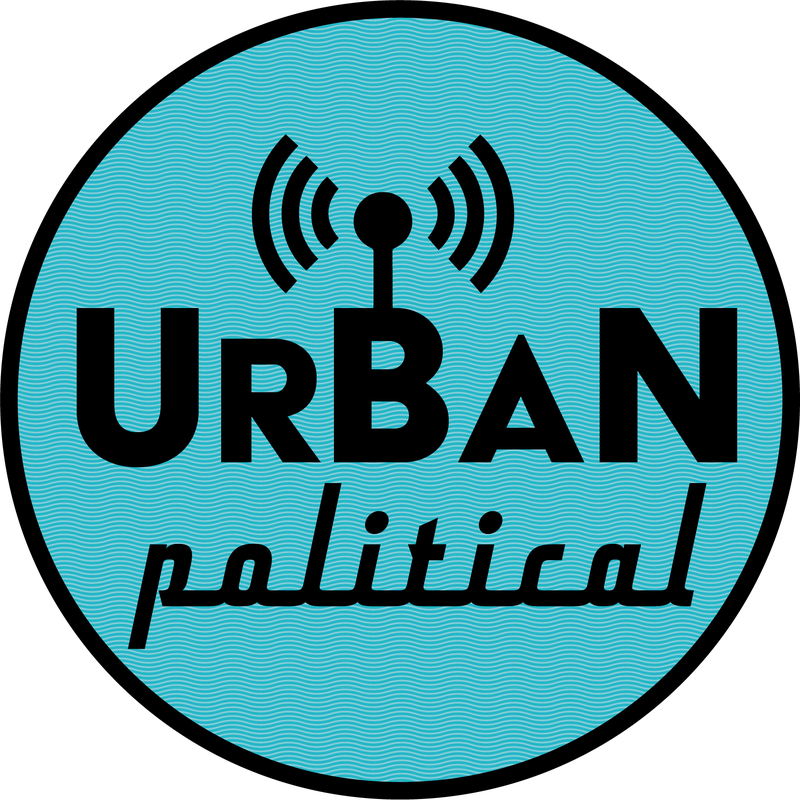Heritage vs. Gentrification
Among critical scholars and urban activists, the care for heritage of an urban area is often associated with strategies to commercialize, to touristify the area and ultimately to pave the ground for gentrification. Neighborhood development based on its heritage all too often is geared towards creating a unique selling point of the area to attract more visitors and to create commercial services to accommodate visitors: from tourist shops to pricey restaurants, hotels and furnished holiday appartments. Facades may be rehabilitated, streets renovated, but at the same time rent prices and other living expenses go up and the area may become increasingly inhabitable for long-term residents.
In this In this episode, we are going to hear about inspiring cases in which communities have used their cultural heritage as a resource to resist gentrification and our guests discuss the conditions and instruments under which this can become possible. Markus speaks with
Paula Marques, Deputy Mayor of Lisbon in charge of Housing and Urban Development, coming from a citizen movement. She is working now on a large scale affordable housing project to counter touristification and real estate speculation, a strategy called BIP/ZIP. For more information on this program, see here.
Maciek Czeredys is an architect and urbanist working in the field of adaptive heritage re-use and culture, examples include the Sinfonia Varsovia Centrum (www.sinfoniavarsoviacentrum.pl) and Nowy Teatr (www.nowyteatr.org). Maciej is also part of the Open Heritage project team co-managing the Praga Heritage Lab.
Levente Polyak is the managing director of the NGO Eutropian. Levente is an urbanist, researcher, activist and policy advisor. For more information on his work, check out: https://eutropian.org, https://cooperativecity.org/
This episode was recorded in the context of the 7th Informed Cities Forum (see here) in Warsaw on October 16, 2019. It is a co-production between the Urban Political podcast and the Open Heritage project. For more information on Open Heritage, please have a look here.
The Open Heritage project has received funding from the European Union’s Horizon 2020 research and innovation programme under grant agreement No 776766. The sole responsibility for the content of this publication lies with the authors. It does not necessarily represent the opinion of the European Union. Neither the EASME nor the European Commission is responsible for any use that may be made of the information contained therein which is a European research consortium funded under the EU‘s Horizon 2020 framework.
